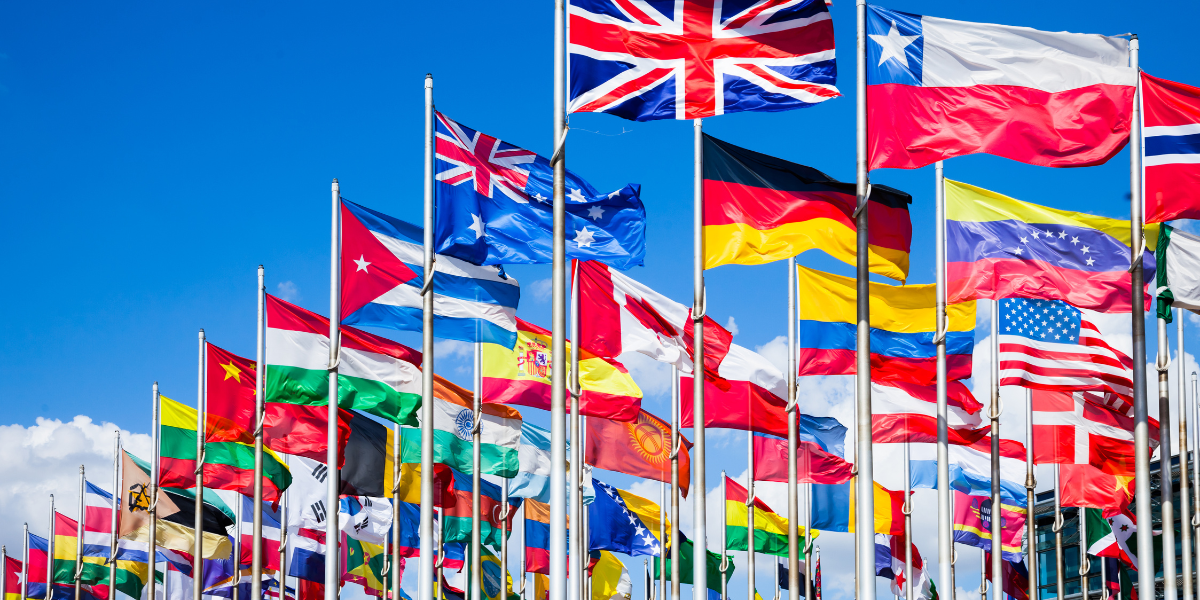This past October, two laws against UNRWA activity were passed in the Knesset with an overwhelming majority, the agency having been credibly accused of funding and aiding Hamas terrorists. Nearly 90 Knesset Members voted for these laws – a rare consensus that highlighted the determination of all Jewish parties to remove the organization from Israel. Such broad support also reflects the recognition of an essential issue: the tension between Israel as a democratic state and unelected organizations and rules. Despite the enormous legislative achievement, these laws may become a dead letter, or at least severely watered down through a petition to the Israel High Court of Justice (HCJ).
In their petition, the Adalah and Gisha organizations raised a barrage of claims, among them that the laws allegedly contravene international law. This petition is not only an attempt to protect UNRWA, but represents a far more fundamental issue: the degree to which Knesset legislation is subordinate to international law. The petition confirms the central thesis of a new research paper by Kohelet Policy Forum, outlining how international law grants the Supreme Court an excuse to circumvent Knesset legislation and instead promote the laws it considers appropriate. According to “The Limits of the Law“, the Supreme Court has steadily eroded the citizens and Knesset’s sovereignty under the guise of following international law.
To better understand the implications of this petition, we must first understand the basic relation between Israeli law and international law. Israel, in the context of international law, is a dualistic state. In other words, international law is binding externally but is not incorporated into domestic law, unless there is explicit legislation to do so.
The Knesset may legislate laws that contravene international law, and such laws supersede. In the 1968 Kamyar decision, Justice Agranat noted that the dualistic system is rooted in the separation of powers principle; the government is responsible for foreign affairs and treaties, but only the Knesset can legislate. In another decision from the eighties, Justice Shamgar protested the idea that the UN or other international bodies could impose binding legislation on Israel without the consent of the Knesset or the citizens.
However, in recent decades, the principle of dualism is being eroded. According to the HCJ, Israeli legislation should be interpreted in alignment with international law – the rule of interpretive alignment. Such a rule exists in other judiciaries, such as in the US and the UK, however the courts of these countries have clarified that it applies only when domestic legislation is ambiguous and the international rule is clear.
In Israel, the Supreme Court does not require high certainty regarding the existence of an international law rule, and so the interpretive alignment rule serves as an indirect route to apply international law interpretation to Israeli legislation. For instance, in 2002, the HCJ ruled that international law requires equal budgeting for children with special needs in regular schools, despite the fact that no such rule exists. Although the particular outcome of this case may be viewed favorably by many, budgetary decisions are at the core of the government’s authority. In other cases, the HCJ limited the government’s authority to hold terrorists as bargaining chips, to revoke residency from terror supporters, and to prevent migrants> from entering with tourist visas, using international law as justification.
This situation reached the height of absurdity in Justice Melcer’s minority opinion regarding the Regularization Law, when he opined that a law which violates international law cannot be considered to be enacted for a proper purpose and does not align with the values of the State of Israel. Should we take his approach seriously, then the HCJ might well overturn state decisions to cancel the Oslo Accords or launch a preemptive strike against Egypt, with whom we have a peace agreement.
The immediate implication of Justice Melcer’s opinion is to subject the citizens of the state to a legal system they did not choose and which they cannot change. Naturally, Adalah and Gisha rely on Justice Melcer’s opinion to justify the invalidation of the laws against UNRWA.
In fact, the laws against UNRWA do not contravene international law. However, even if they did, the Knesset has the sovereignty to legislate in contravention to international law on behalf of Israeli citizens. Events following October 7 have demonstrated how extremist elements can abuse international institutions and weaponize them against Israel.
Adding weight to international law within the Israeli judicial system debilitates Israeli citizens’ democratic power to decide their own fate. The petition against the UNRWA laws is an opportunity to make it clear to HCJ Justices that Israeli citizens are subject only to their own state, not to the UN.
(First published in Hebrew in Makor Rishon)




